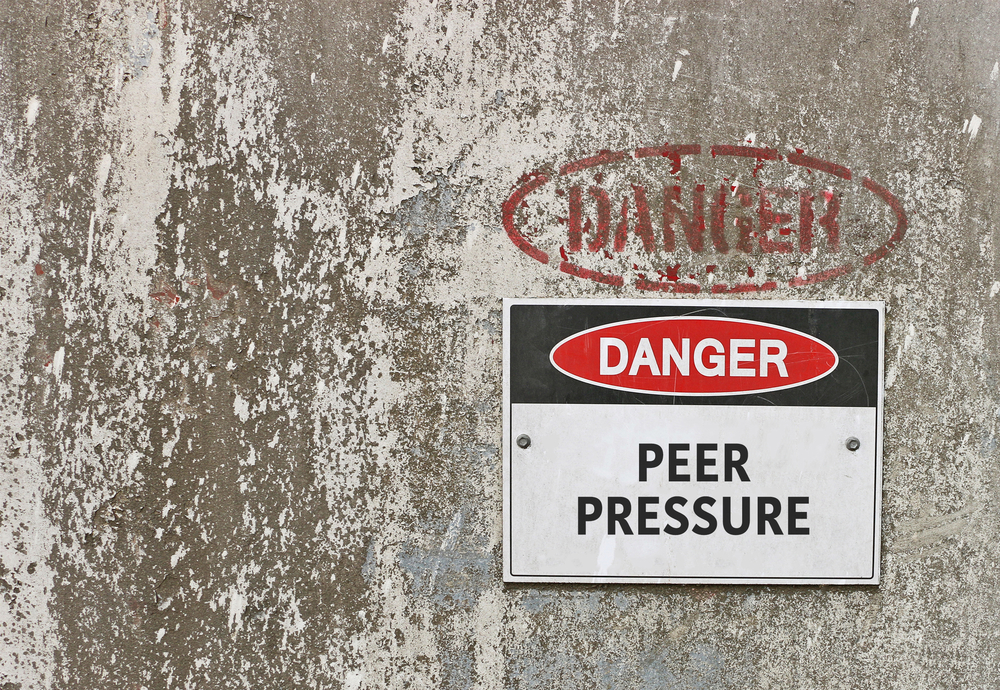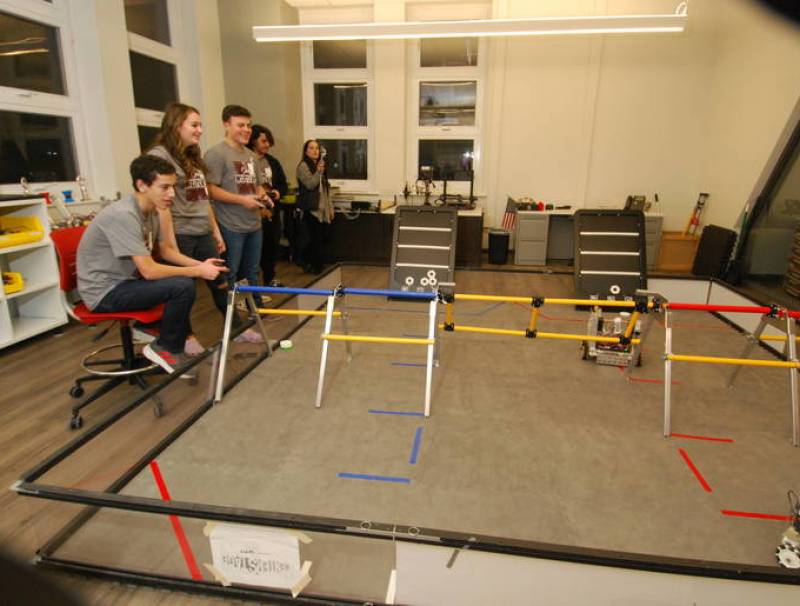Your Right to Resist
Peer pressure. That feeling that you have to do something to fit in, be accepted, or be respected, can be tough to deal with. The desire to fit in and feel like you are a part of a group is normal. Many people feel this way sometimes, especially in teen and early adult years. It can be obvious (friends telling you to do something) or less direct (seeing others at a party drinking alcohol and feeling left out if you don’t do the same). Dealing with this pressure can be challenging, but it’s important to reflect on your own values and preferences and make decisions on those rather than peer pressure.
Avoiding peer pressure is usually not that difficult if you are surrounded by people whose values, preferences, and behaviors are similar to yours. At times, it may feel easy to know where you stand and act appropriately, but at other times, you might feel confused, pressured, or tempted to act against your own judgment. In addition, you might even feel a desire to do things your family doesn’t do or doesn’t think are okay as a way to establish your own identity and experience new things. There are tips for teens to help them get out of challenging situations. According to U.S News, “The plan is simple: Teens text the letter "X" to a parent or an older sibling when they need help,” says Jason Ness, principal of Niles West High School in Skokie, Illinois. “The recipient then calls the teen and says to leave immediately and that the recipient will pick up the teen.”
According to U.S News, “The teenage brain isn't fully developed,” says Ness. “Students need to learn how to slow down, think through situations and consider the risks and benefits. Knowing they have a support system to contact in tricky situations can help teens build self-confidence.” Another piece of information from U.S News states is that, “The effects of peer pressure are varied since everyone handles it differently,” Ness says. “But when it's intense and ongoing at a young age, students may not have the skills to cope and that can lead to a variety of mental health issues – depression, anxiety and more.”
Peer pressure comes in many different forms. Some forms are somewhat harmless while others lead to decisions that can follow a teen for the rest of his or her life. For example, when a teen is pressured to take an illegal substance, that choice may lead to addiction. Sometimes, teens are able to leave behind their bad decisions. Other times, they lead to lifelong problems.
There can be serious risks involved with peer pressure. Usually, most teens are not applauded for their logical thought process. Some may feel invulnerable, like “nothing bad will ever happen to me.” It is important to assess the risks that follow peer pressure. Consider these questions before following temptations. Could this harm me physically? Could this harm someone else? Could I go to jail?
At some point, every person must stand alone, even when tempted by friends and other peers. If you are uncomfortable doing something, don't be afraid to decline the invitation with a ''no, thanks.''









